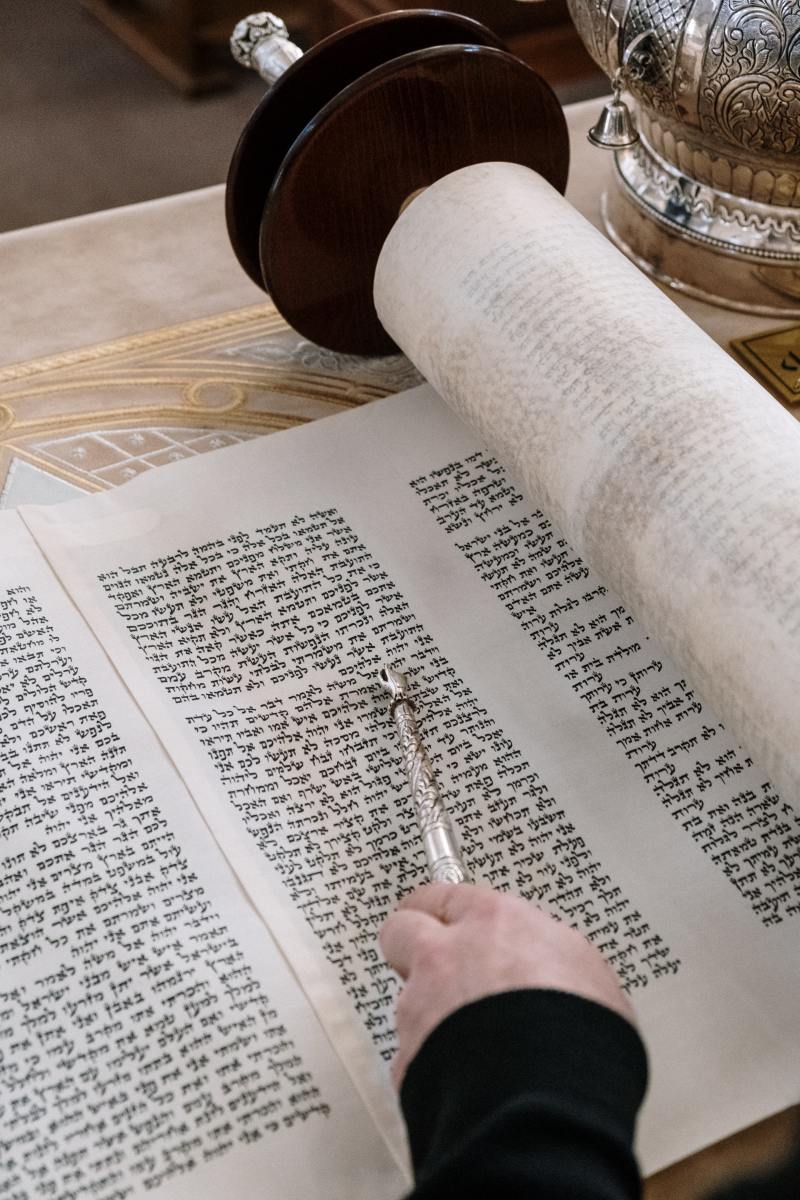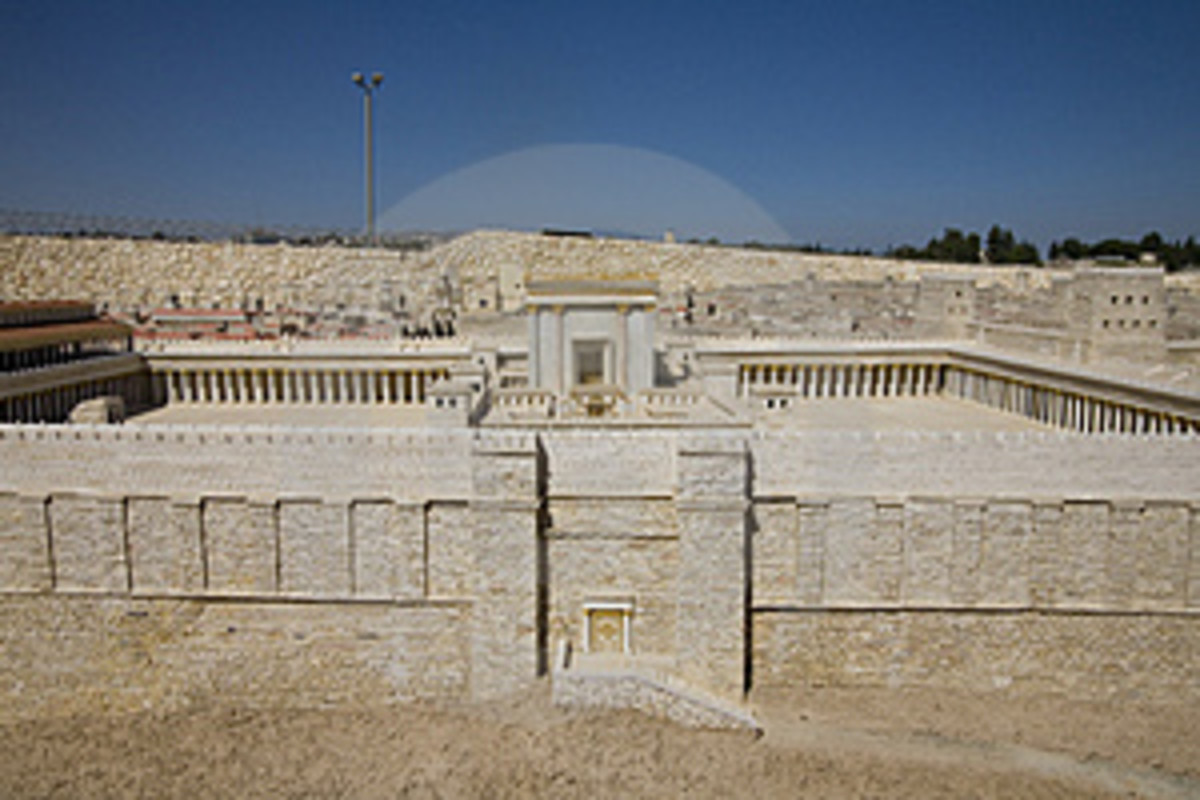Dvar Torah

Worship Then and Now
This is the Dvar Torah I delivered at Temple on Shabbat Emor, May 8th, 2009.
Pareshat Emor discusses the quality of the Kohenim, or priests, who will officiate over the sacrifices in the temple, the quality of the animals to be sacrificed, the counting of the Omer, the Festival calendar, oil for the Temple lamps, bread for the Temple, and punishment for blasphemy. Today I will discuss the idea of the quality of a sacrifice fit to offer to God.
When humans first started to worship deities, one of their principal methods of worship was animal sacrifice. If the sacrifice was not acceptable to the deity, it might have the opposite effect from that which was intended. That is, instead of pleasing the god, it might anger the god and the god might then express its anger in calamity for the people. This being an accepted principal of the time, our ancestors adopted it. Yet by closely examining the principle of the worthy sacrifice, we take away something we can use today, in our own time.

"... Without Blemish".
The Torah says that only an animal "without blemish [or] ... defect" is a [fit] offering to God. The Torah goes on to list unacceptable defects: blindness, injury, maiming, boil scars, scurvy, etc. In reading the list, it might occur to a person that, were it not for this rule, sacrifice to God might be a great way to cull the less valuable animals from the herd, which, on the face of it, seems very economical, like killing two birds with one stone.
There are many examples of why this is wrongheaded, but I think the best way to illustrate the problem is to put yourself on the receiving end. For example, let's say somebody got you a birthday gift. Let's say he got you an iPod. "Oh, boy! You shouldn't have," you say, delighted. Then the next week you see him in the street with a brand new iPod Touch. You ask around and find out that he gave you his old iPod.
"Well," you might say to yourself. "That isn't very nice."
If you were an all powerful deity and someone pulled the same trick on you, you might be tempted to do something more drastic. But let's not concentrate on external consequences. Let's concentrate on internal consequences. You know if you give somebody a not very nice gift, it says something about you. It says that at least in one way, you're kind of selfish and not very nice.
Ideas for an Appropriate Offering
As times have changed our method of worship has changed. Instead of animals, we sacrifice other things - if not for God, then in the name of our religion or of our people. Mainly, we give money and time. How can we sacrifice our money or time "without blemish or defect." Are we selfless as we give of our time and money? Or, like the herdsman selecting an imperfect animal for sacrifice, do we wish to give it for a selfish reason?
The key is in the motive. For many of us, when we give money, it's difficult not to have mixed motives, because the tax deduction is always in the back of our minds. In this way, the giving of money for tzedaka or to the Temple could be seen as the lesser of two evils - better to give it to charity or to the Temple than to the government! We can mitigate the mixed motive somewhat by concentrating on the good our gift of money will do, and such gifts are absolutely indispensable if good is to be done in this world, so by all means we must give these gifts of money.
The Gift of Time
The purest sacrifice is time. You have no opportunity to make more time. Therefore, it is a precious gift. Giving time to a charitable cause will not get you a tax deduction that will let you deduct the time back from your form 1040A. Giving of your time, therefore, is the most truly generous gift you can give.
How can you make the sacrifice of time? You can celebrate Shabbos to your fullest ability. You can volunteer to do work for the temple, for a charity or for the community. You can take time to study Torah and learn about your heritage. You can take time with your family to make sure the legacy of Judaism is successfully transferred to the new generation, to find Judaism's relevancy in their own time.
In our home, we try to take time to light the Shabbos candles every Friday night and say the blessings. We take the time to praise our children for their accomplishments at Hebrew School and to encourage them to become more involved. We take the time to walk with our children in the AIDS Walk or the Walk for Hunger, or work down at the AIDS Action Committee office on Temple Ohabei Shalom's Mitzvah Day. By doing these things we hope to pass the joy of giving of our time on to the next generation.
My personal cause is the National Multiple Sclerosis Society. At the end of June I will be riding my bicycle in a fundraising event for the MS Society called the Cape Cod Getaway. For the event I am raising funds to help people living with MS and to fund research toward finding a cure. At the event I'll bike for two days and one hundred seventy-five miles from Quincy to Provincetown to help increase awareness of MS. As I do these things, I think of my friends who are living with Multiple Sclerosis, and how I have done what I can to help them.
I find that the times I spend helping someone else or making my family's Jewish experience more complete, enjoyable, or personally rewarding, are some of the most enjoyable and memorable times of my life.
© 2009 Tom rubenoff








